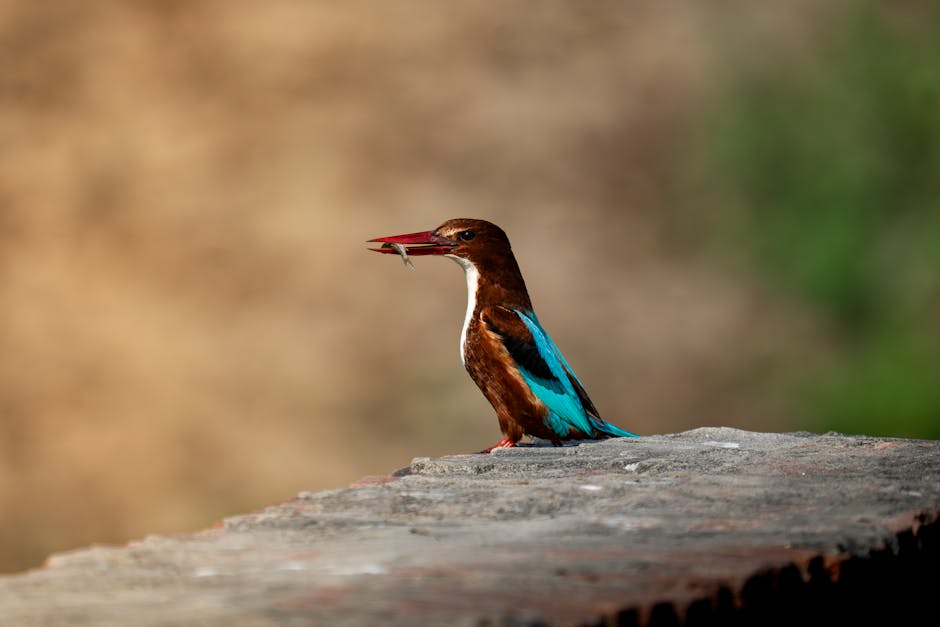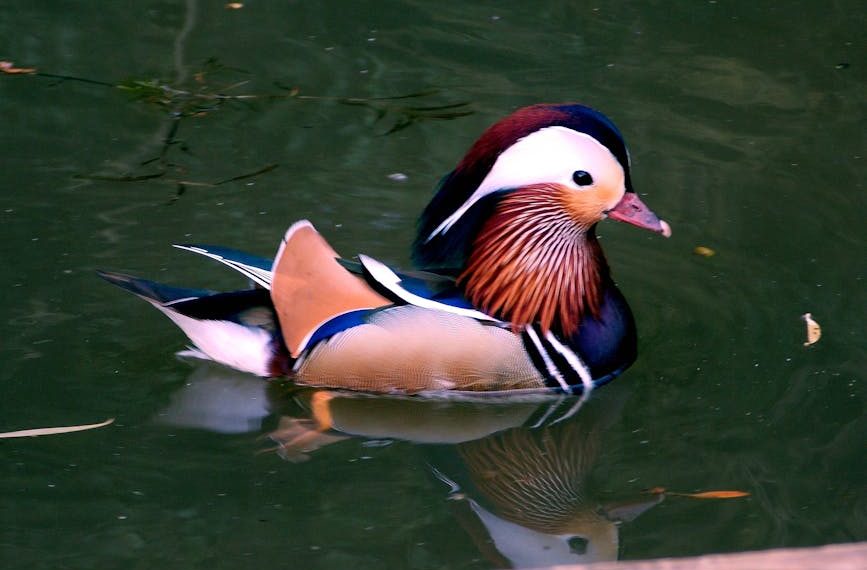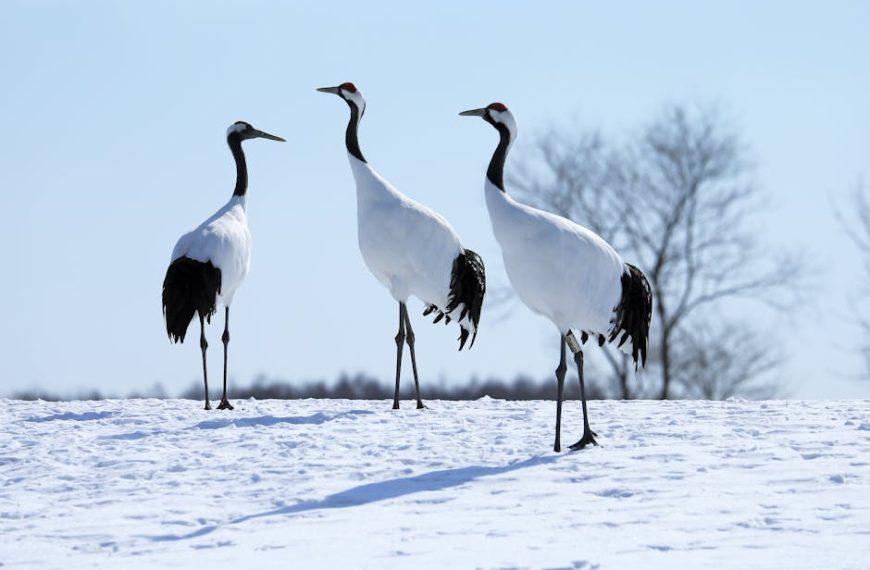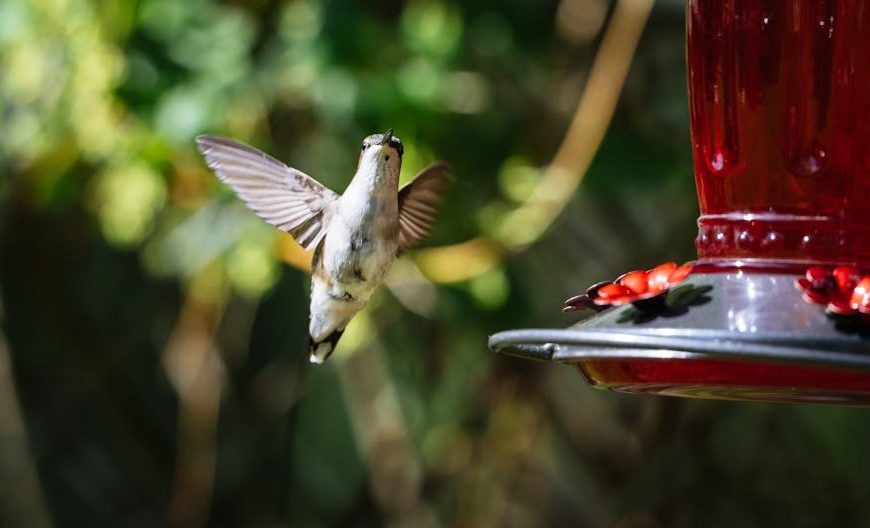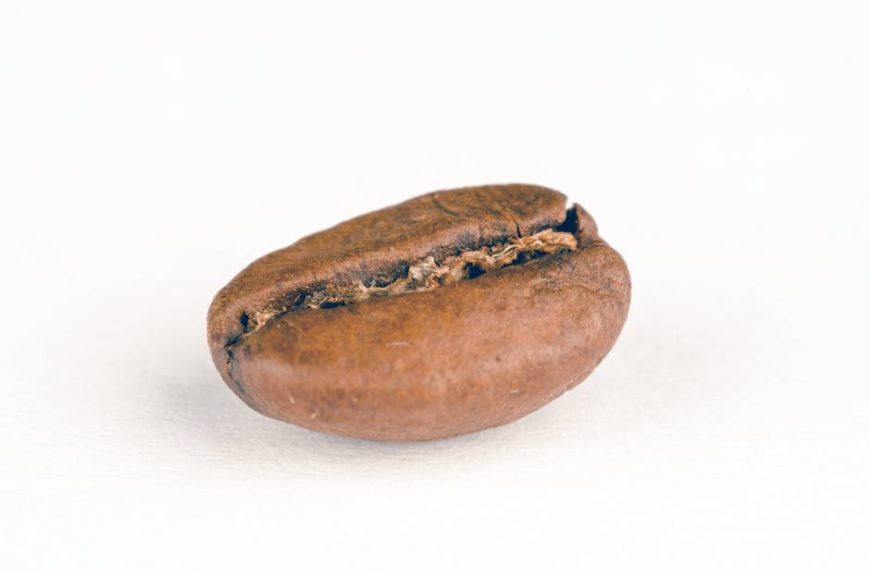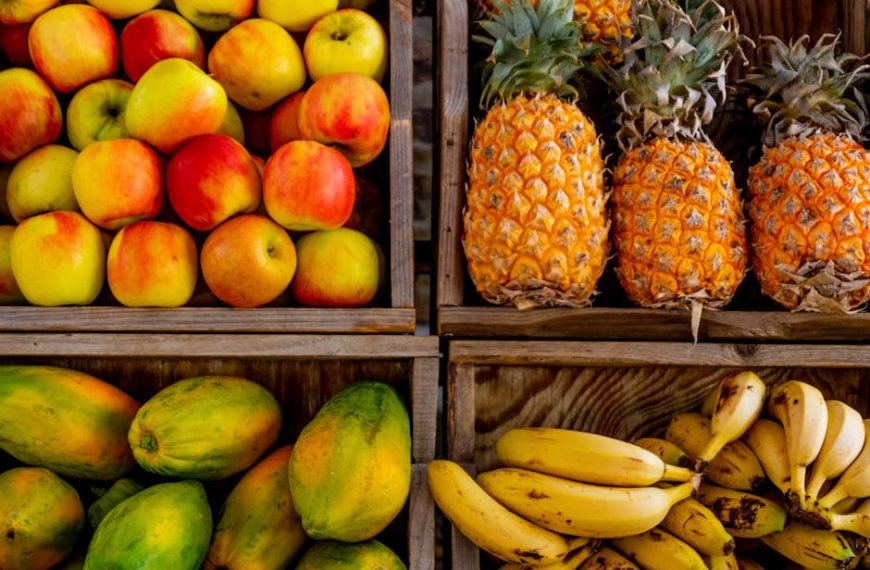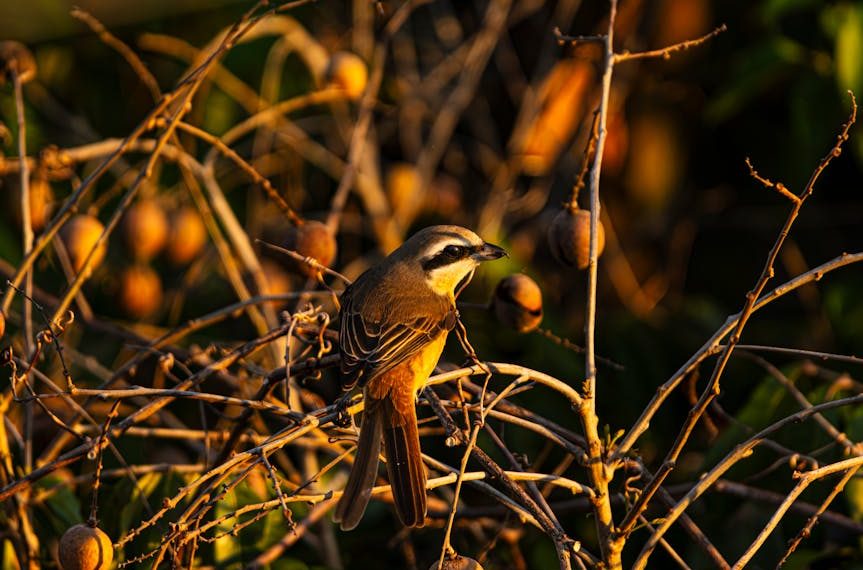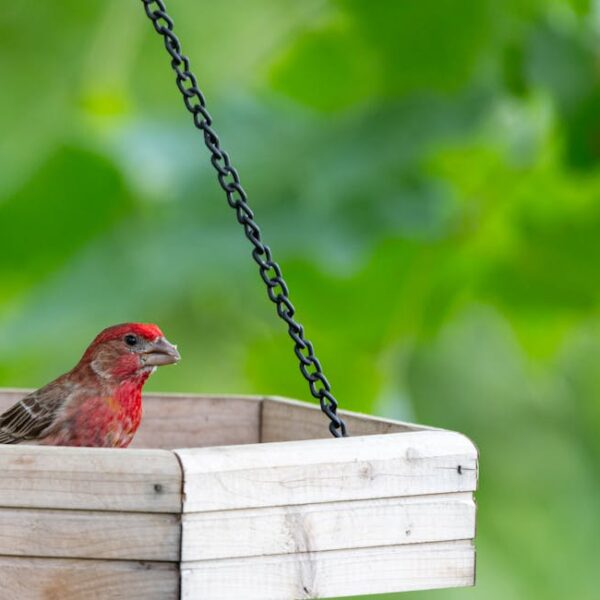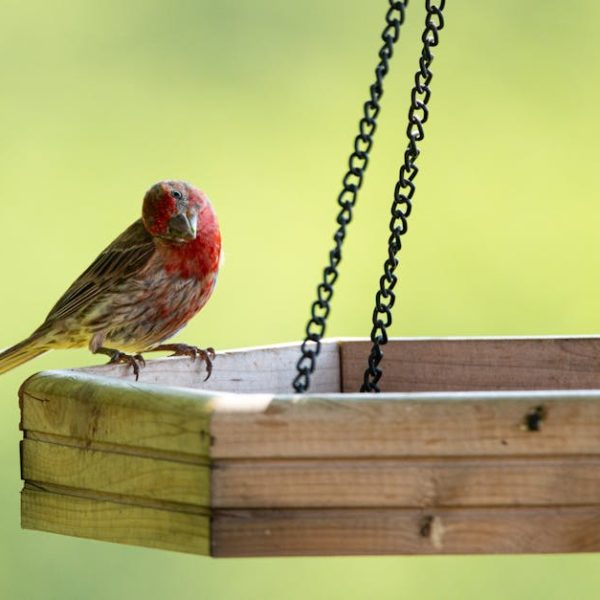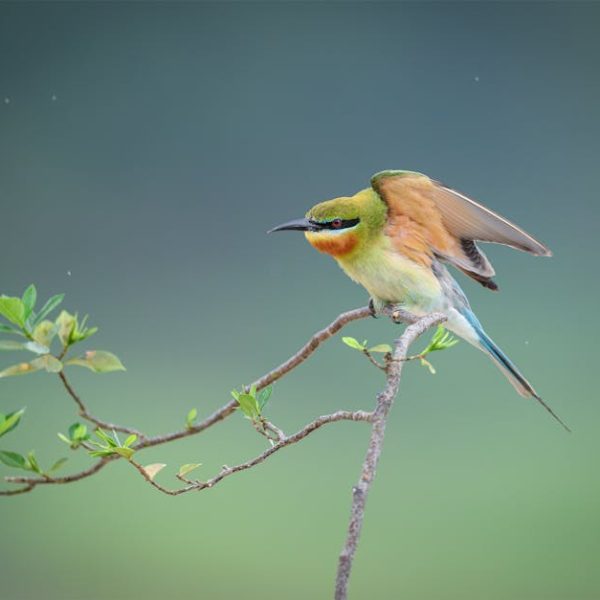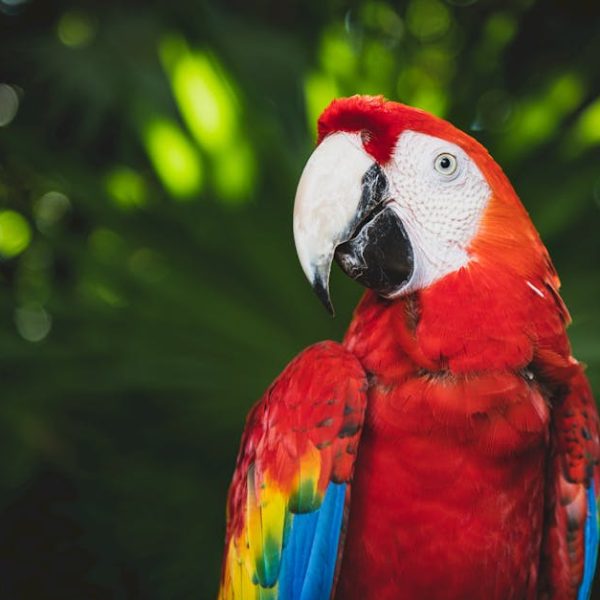Let’s take a closer look at our feathery friends. The robust health and vitality of small birds largely depend on what they peck on from day today. Yes, a well-rounded diet is essential to their well-being. It bolsters the delicate immune system, enhances the beauty of their feathery outfits, and aids their overall growth and development.
Ever seen a bird with ruffled and dull-colored feathers? That’s what a monotonous diet does to them. Lack of variety in their meals can lead to malnutrition and potential health issues such as weakened immunity and lethargy.
Key nutritional needs of small birds you should keep in mind:
- Proteins: Essential for growth and repair of feathers and muscles.
- Vitamins: Crucial for enzymatic reactions and overall body functions.
- Carbohydrates: Needed for daily energy supply.
- Fats: Provides concentrated energy and helps in nutrient absorption.
Understanding the Dietary Needs of Different Small Birds
Let’s face it; just like us humans, no two bird species share the exact same nutritional requirements. From canaries to parakeets, each species has unique dietary needs factored by their natural habitats, life stage, and health conditions.
Look at this table below to gain an understanding of how varied small birds’ diets can be.
| Species | Food Requirement |
|---|---|
| Canaries | Mostly seeds, Fresh fruits and vegetables |
| Finches | Varied diet; seeds, nuts, fruits, and insects |
| Budgies | Primarily grains and seeds, supplemented by fruits and vegetables |
| Parakeets | Seeds, grain, fruits, and vegetables. Occasionally insects |
The best practice for planning a diet for small bird species is to replicate the variety they would get in their natural habitat. Always remember, daily diet should be nutrition-packed, varied and exciting rather than a boring seed mix every single day.
Types of Foods that Keep Small Birds Healthy
Now let’s dive into some of the food types that pack a nutritional punch for small birds. These include seeds, pellets, fruits, vegetables, and even insects, each of which contribute in its unique way towards a balanced diet.
Consider these ideal food options for small birds:
- Seeds: Sunflower seeds, millet
- Pellets: Composed of a mixture of grains, seeds, fruits, and vegetables
- Fruits: Apples, pears, bananas, berries
- Vegetables: Leafy greens, zucchini, sweet potato
- Insects: Mealworms, crickets
While seeds are a favourite for most small bird species, they shouldn’t make up the majority of the diet as they’re high in fats. Fruits and vegetables, on the other hand, offer an array of vitamins and minerals but must be fresh to preserve their nutritional value. Though insects might make many pet owners squeamish, they serve as an excellent source of protein especially during breeding season.
Making the Right Food Choices: Readymade vs. Homemade
Choosing between ready-made bird food and homemade food can be a bit of a chirp-twister. On one hand, ready-made foods come with the convenience of being nutritionally balanced and easy to serve. On the other, homemade foods offer freshness, and allow you to mix and match food items, but it can be challenging to achieve nutritional balance.
Let’s compare these options:
| Readymade Food | Homemade Food | |
|---|---|---|
| Nutrition | Often nutritionally balanced | Depends on ingredients used |
| Cost | Can be more expensive | Usually cheaper; depends on ingredients used |
| Convenience | Quick and easy to serve | Preparation time needed |
The best approach? A combination of both. Use ready-made food as the base, and top it off with fresh fruits, veggies, and occasional insects for variety. This will ensure they get the benefits of both, while still keeping their diet balanced and interesting.
Supplementing Your Small Bird’s Diet For Optimal Health
Sometimes, despite our best efforts, our feathery friends may need an extra nudge towards optimal health. This is where supplements come in – providing extra doses of vitamins, minerals, and grit necessary for a bird’s digestive health. Remember, though, these supplements are not replacements for a balanced diet, but a way to fill nutritional gaps.
Here’s a typical checklist of dietary supplements for small birds:
- Multivitamins: catering to overall health and vitality.
- Calcium: essential for bone health, especially for laying birds.
- Probiotics: supporting gut health and digestion.
- Grit: aids digestion by grinding food.
When it comes to using supplements, consultation with a vet is the best course of action. They can advise you on the right dosage and frequency based on your bird’s specific needs. Start with small doses, observe your bird for any changes, and remember, the key is balancing these supplements with a solid diet. In the end, it’s all about keeping our little feathery companions chirping happily and healthily.
Key Takeaway:
- Nutrition play a critical role in the health and overall well-being of small birds, with a well-rounded diet being vital for their immunity, feather health, growth and development.
- The dietary needs of small birds vary greatly depending on their species, natural habitats, life stage, and health conditions.
- A balanced diet for small birds often includes seeds, pellets, fruits, vegetables and insects, each type contributing to their health in unique ways.
- Choosing between ready-made and homemade bird food can be a challenge. Striking a balance by using a mix of both can help to ensure nutritional diversity and balance for the bird.
- Supplements play a role in complementing a bird’s diet by filling nutritional gaps but should not replace a balanced diet. It’s essential to consult a vet when it comes to the use of supplements.
Remember, your winged pals’ health largely depends on their diet, besides love and care. It’s always good to stay informed about their dietary needs and preferences to avoid health complications. As a responsible bird parent, continue to offer a balanced, nutritious diet that matches their natural feeding habits, keep learning, and share the joys of bird parenting!
FAQs
Q: How often should I feed my small bird?
A: The feeding frequency might vary between species, but generally, small birds should have access to food all day, as they have high metabolic rates and burn energy quickly.
Q: Can small birds eat human food?
A: Yes, but this should be limited to safe fruits, vegetables, and grains. Avoid processed human foods, and ensure that the food is fresh and clean.
Q: Are there any foods that are harmful to small birds?
A: Yes, avocados, chocolate, any caffeinated or carbonated drinks, fruit seeds and pits, onions, garlic, and high salt or sugar foods can be harmful to birds.
Q: Why are seeds not enough as a standalone diet for birds?
A: Seeds, while loved by many birds, are rich in fats and often lack other essential nutrients. If a bird’s diet is solely seeds, they may suffer from nutritional deficiencies.
Q: Can I replace bird food with dietary supplements?
A: No, dietary supplements are meant to complement the bird’s diet, not replace it. Always consult a vet for proper guidance on the use of supplements.
Please share this article if you found it insightful and explore more posts on our website for your bird parenting journey!
